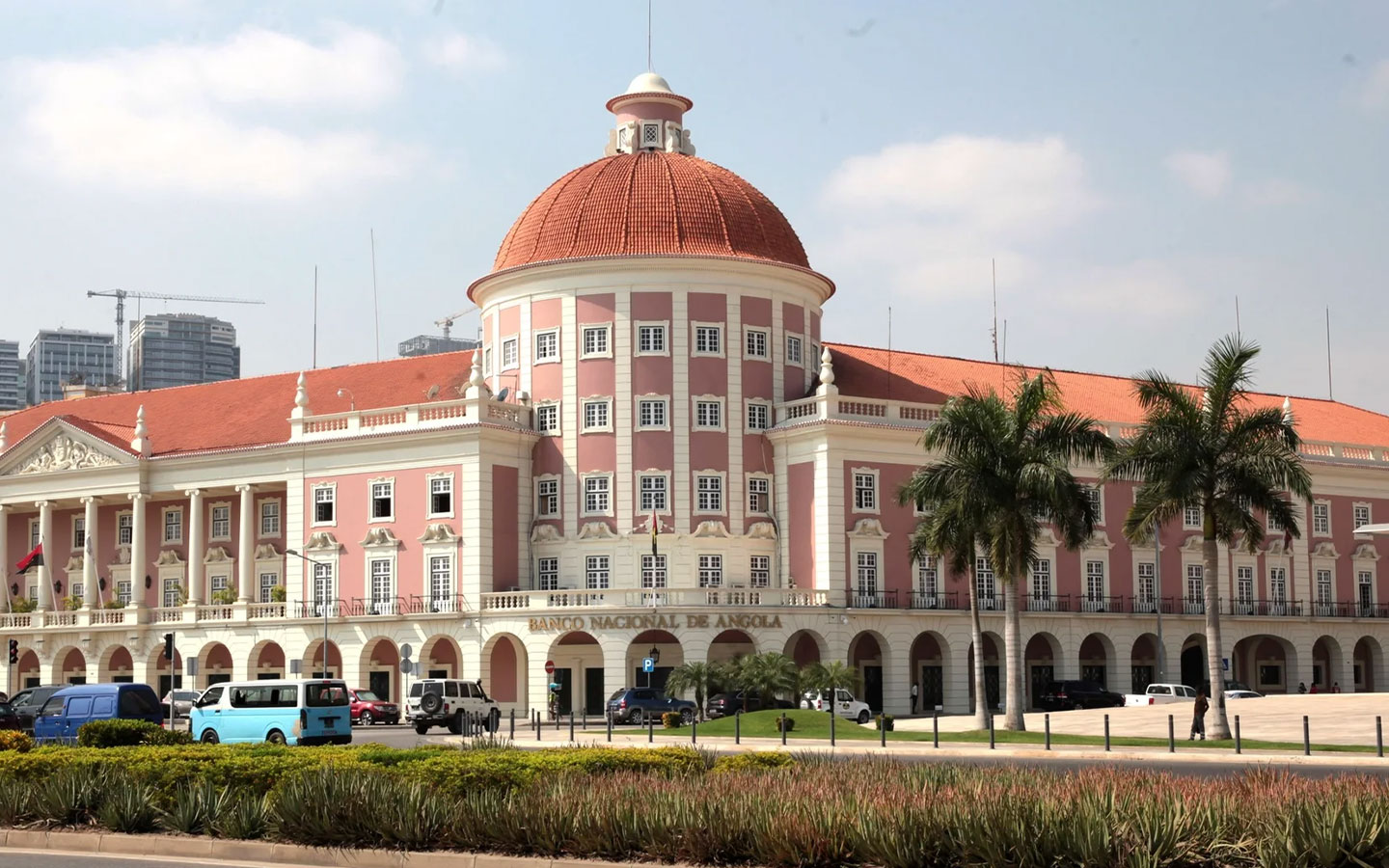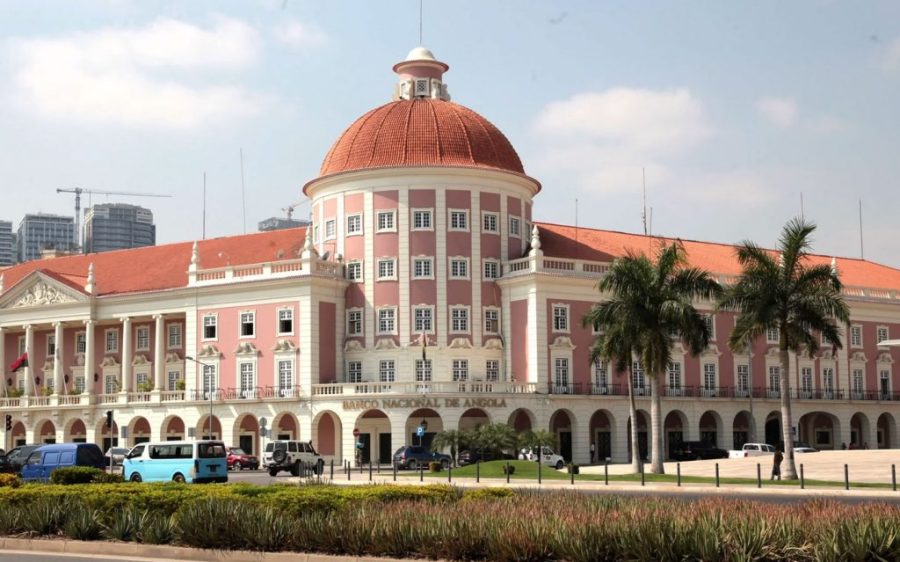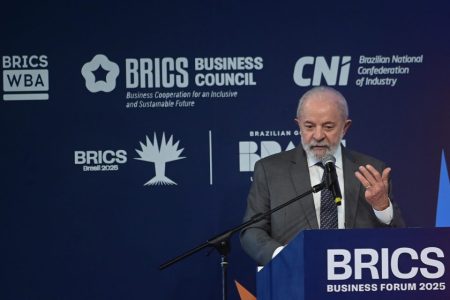After months of keeping the kwanza on a tight leash, IMF officials are advising the Angolan government to let its currency float, reports Reuters.
Rather than maintaining a fixed rate, Angola should allow the exchange rate to adjust and depreciate. A floating rate would act “like a shock absorber for relevant external events”, explained Victor Lledo, the resident IMF representative for Angola.
Many economists agree, saying the switch would also make the southern African country more attractive to foreign investors and help diversify its economy – but there are risks. A floating currency would be at the mercy of volatile oil prices and the underdeveloped state of the country’s financial system could complicate the transition from a fixed rate to a floating one.
[See more: Massive railway project helps to put Angola’s economic recovery on track]
The government allowed the kwanza to depreciate by more than a third over May and June, a move analysts link to difficulties propping up the currency in the face of lower oil revenues and the resumption of external debt payments. Since July, however, the kwanza has traded in a narrow range of around 830 against the US dollar.
The Bank of Angola lowered its main interest rate in March, ahead of the depreciation, and has kept it on hold in the three meetings since; the next review of monetary policy is scheduled for December. Meanwhile inflation in the country, which slowed sharply in 2022 and early 2023, has picked up in the wake of the depreciation.
One risk of a floating currency is increased inflation, which can also impact unemployment and trade deficits, making for a potentially fraught transition. Yet experts agree that taking that risk will bring Angola one step closer to economic stability.






